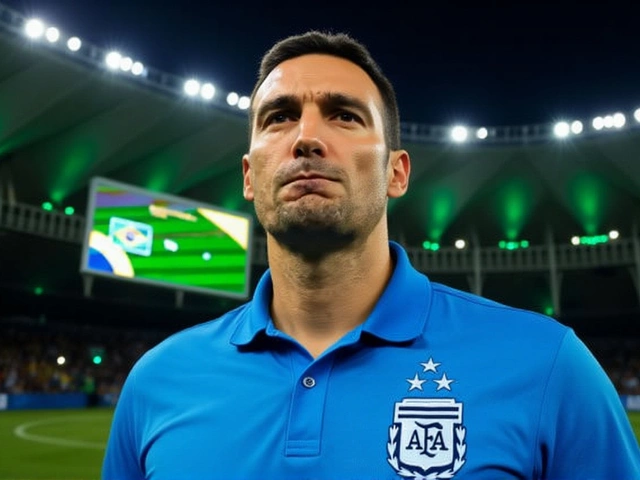Understanding NFL Contracts
As a fan of the National Football League (NFL), you might be curious about how player contracts work, especially when a player is cut from a team. In this article, we will dive deep into the world of NFL contracts and explore whether teams have to pay out the contracts of players they cut. We'll discuss the types of contracts, guaranteed money, and the impact of cutting a player on a team's salary cap.
How NFL Contracts Work
NFL contracts can be quite complex, with various components such as base salary, signing bonuses, roster bonuses, and incentives. Players and teams negotiate the terms of these contracts, which can be influenced by factors such as a player's performance, the team's salary cap situation, and the player's potential value to the team.
One key aspect of NFL contracts is the concept of guaranteed money. Guaranteed money refers to the portion of a player's contract that is fully guaranteed, regardless of whether the player is cut or not. This can include signing bonuses, guaranteed base salary, or injury guarantees.
Guaranteed Money vs. Non-Guaranteed Money
When discussing whether teams have to pay out the contracts of players they cut, it's essential to differentiate between guaranteed money and non-guaranteed money. As mentioned earlier, guaranteed money is the portion of a player's contract that is fully guaranteed, regardless of whether the player is cut or not. This means that if a player is released, they will still receive the guaranteed money in their contract.
Non-guaranteed money, on the other hand, is the portion of a player's contract that is not guaranteed. This means that if a player is cut from the team, they will not receive the non-guaranteed money remaining in their contract. This can include base salary, roster bonuses, and incentives not yet earned.
The Impact of Cutting a Player on the Salary Cap
When a team cuts a player, it can have significant implications for the team's salary cap. The salary cap is a limit on the amount of money a team can spend on player contracts each year. Cutting a player can result in what is called "dead money," which is the guaranteed money still owed to the player that counts against the team's salary cap.
For example, if a player has a $10 million signing bonus spread out over five years, $2 million of that bonus counts against the cap each year. If the team cuts the player after three years, the remaining $4 million becomes dead money and counts against the cap for the following season.
Factors Affecting the Decision to Cut a Player
There are several factors that teams consider when deciding whether to cut a player. These factors can include the player's performance, injury history, off-field issues, and the team's salary cap situation. Ultimately, a team will weigh the benefits of keeping the player against the costs of cutting them.
For example, if a player is underperforming and has a high salary, a team might decide to cut them to free up cap space. However, if cutting the player would result in a significant amount of dead money, the team might choose to keep the player and hope for an improvement in performance.
Post-June 1 Designation
One tool that teams can use to minimize the salary cap impact of cutting a player is the post-June 1 designation. By designating a player as a post-June 1 cut, a team can spread the dead money over two seasons, which can help alleviate the immediate salary cap burden.
For example, if a team cuts a player with $6 million in dead money, they can designate the player as a post-June 1 cut, and the dead money would be split over two years, with $3 million counting against the cap in the current season and $3 million in the following season.
Conclusion
In conclusion, NFL teams do not have to pay out the entire contracts of players they cut. However, they are still responsible for paying the guaranteed money in the player's contract, which can have significant implications for the team's salary cap. Cutting a player is a decision that teams must carefully consider, weighing the benefits of freeing up cap space against the costs of dead money and the loss of the player's potential contributions on the field.




